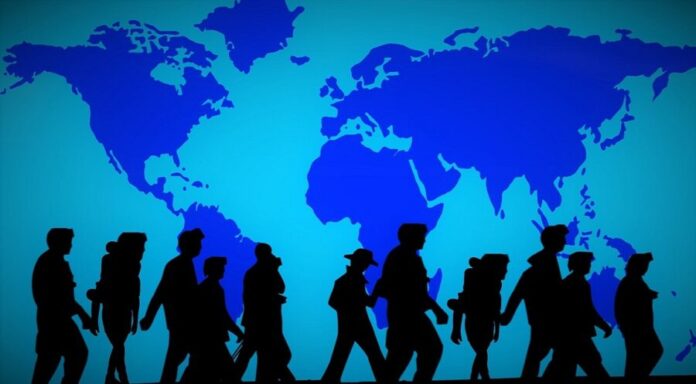A workshop hosted by WHO focused on the mental health needs of refugees as experiences from refugee-receiving nations were shared and management solutions for the growing number of refugees fleeing the crisis in Ukraine were reviewed.
The best methods for giving arriving refugees the critical mental health and psychosocial support (MHPSS) were discussed by experts from the receiving nations.
As a follow-up to the high-level meeting on health and migration held in Istanbul in March 2022, the pan-European Mental Health Coalition sponsored the event, which was attended by experts in the fields of mental health and migration, members of civil society, representatives of international organizations, and WHO staff members working on the mental health response.
The entire region, including Poland, was greatly shocked by the Russian invasion in Ukraine, according to Waldemar Kraska, Poland’s deputy minister of health.
In addition to causing extreme grief, war, hostilities, and other man-made or natural disasters can occasionally exacerbate pre-existing mental health disorders. However, it is predicted that 1 in 5 people will experience a mental health illness in the next 10 years, and 1 in 10 will experience a severe condition like post-traumatic stress disorder or psychosis. The majority of people will recover without assistance.
This makes high-quality MHPSS crucial for the reconstruction of war-torn nations.
The workshop attendees agreed that future MHPSS work needed to better involve refugee populations. Furthermore, it was decided that prior to an emergency occurring, mental health care tailored to the needs of refugees needed to be included in national emergency preparedness, response, and recovery plans.
The introduction of easily accessible MHPSS service desks in Slovakia and the easing of restrictions to allow Ukrainians with the necessary credentials to provide mental health assistance for refugees without needing to obtain a new license in Poland are examples of best practices.
Since the start of the war in Ukraine, millions of people have been forcibly displaced. More than 7 million refugees have migrated to nearby nations and other places. Within the nation’s borders, millions more people have been displaced. In Europe, there are about 4,4 million refugees who have applied for Temporary Protection or other state protection programs (as of 25 Oct 2022).



